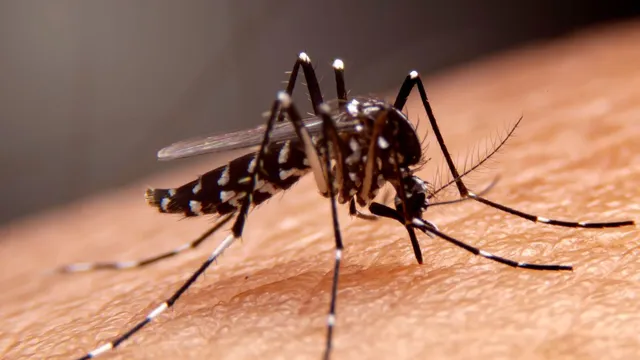Monsoon Why Viral Fevers: Monsoon brings relief from the hot summer months. The cool winds, fresh rains, and greenery make it a beautiful season. But along with it, monsoon also brings a rise in many illnesses. Viral fevers, dengue, and typhoid are very common during this time. Have you ever wondered why these diseases increase in the rainy season?
We spoke to a doctor to understand the main reasons behind this sudden rise. Here is a simple explanation of what causes these diseases during monsoon and how you can protect yourself.
Why Illnesses Increase in Monsoon?
Contents
Dr. Anjali Verma, a general physician, says, “Monsoon creates the perfect condition for the spread of infections. The air has more moisture, water gets collected in open areas, and hygiene problems increase. This leads to the growth of viruses, bacteria, and mosquitoes.”
Let’s break down the causes:
- Stagnant Water: Rainwater collects in open areas like pots, drains, coolers, and roadsides. This becomes the perfect breeding ground for mosquitoes. The Aedes mosquito, which spreads dengue, lays eggs in clean still water.
- Contaminated Food and Water: Water pollution increases in monsoon. Drinking water can get mixed with dirty drainage water. Eating street food or uncovered food can lead to bacterial infections like typhoid.
- Poor Sanitation: Overflowing drains, wet clothes, and dirty surroundings increase the chance of catching infections. Bacteria and viruses grow faster in such moist environments.
- Low Immunity: Sudden weather change affects our body’s immunity. We become more vulnerable to infections during monsoon.
Common Monsoon Diseases Explained
Monsoon Why Viral Fevers Let’s understand each of these diseases one by one:
1. Viral Fever
Viral fever is a general term for fever caused by viral infections. In monsoon, many viruses are active due to moisture and unhygienic conditions.
Symptoms:
- High fever
- Headache
- Body pain
- Cough and cold
- Tiredness
How It Spreads:
It spreads through air, contact with infected people, or contaminated surfaces.
2. Dengue
Monsoon Why Viral Fevers Dengue is a mosquito-borne disease caused by the dengue virus. It spreads through the bite of the Aedes mosquito.
Symptoms:
- Sudden high fever
- Severe headache
- Pain behind the eyes
- Joint and muscle pain
- Skin rashes
- Bleeding gums or nose (in severe cases)
How It Spreads:
When a mosquito bites an infected person and then bites a healthy person, the virus spreads.
3. Typhoid
Typhoid is a bacterial infection caused by Salmonella typhi. It spreads mainly through contaminated food and water.
Symptoms:
- High fever
- Weakness
- Stomach pain
- Diarrhea or constipation
- Loss of appetite
How It Spreads:
By drinking polluted water or eating food prepared in unhygienic conditions.
What Can You Do to Stay Safe?
Monsoon Why Viral Fevers Dr. Anjali shares some simple tips to protect yourself and your family:
- Drink Clean Water: Always drink boiled or filtered water. Avoid drinking water from outside sources during monsoon.
- Use Mosquito Repellents: Use mosquito nets, repellents, and wear full-sleeve clothes to avoid mosquito bites.
- Remove Stagnant Water: Do not allow water to collect around your home, especially in pots, buckets, and drains.
- Eat Fresh Food: Avoid eating from street vendors. Always eat fresh and home-cooked meals.
- Wash Hands Regularly: Maintain personal hygiene by washing hands before eating and after using the toilet.
- Keep Surroundings Clean: Make sure drains are not blocked, garbage is covered, and surroundings are dry.
- Get Vaccinated: Consult your doctor about vaccines for diseases like typhoid or flu, especially before monsoon.
When to See a Doctor?
If you have a fever for more than two days, severe body pain, or symptoms like vomiting and loose motions, do not wait. Visit a doctor immediately. Early diagnosis can help prevent serious complications.
Final Thoughts
Monsoon is a beautiful season, but it also requires extra care. The combination of stagnant water, humidity, and poor hygiene can easily lead to the spread of diseases like viral fevers, dengue, and typhoid. With a few simple precautions, you can enjoy the rains without falling sick.







